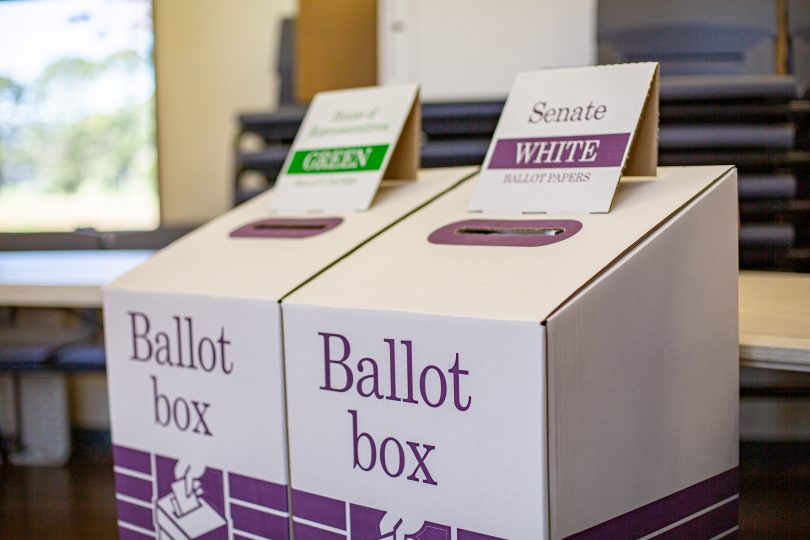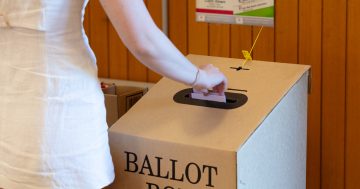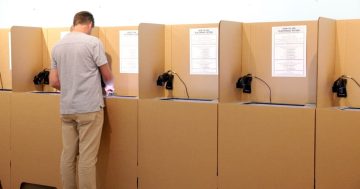
Australia enjoys a remarkably trouble-free electoral system. Photo: File.
Of all the legislation that the Morrison Government has decided to prioritise, its voter identity bill is arguably the least worthy.
In a country with compulsory voting, where elections, as opposed to the campaigns, are marked by an almost ritualistic and civil turnout in which fraud, in the Commonwealth Electoral Commission’s own words, is “vanishingly small”, this proposal is surely a solution looking for a problem.
Under the bill, Australians would be asked to show photo or non-photo identification in order to vote, while those unable to show ID can get another registered voter to vouch for them or cast a declaration vote – after providing their date of birth and signature.
The fear is that the poor, the homeless and Indigenous people in remote areas would be affected and that it could actually deter people from voting, putting them in conflict with the law.
I have voted in booths in villages, country towns, big-city suburbs, and in the national capital for the past 26 years, and the experience has been the same all over – simple, swiftly efficient and private.
Most people take all parties’ how-to-vote material, mainly not to give away their preferences or out of the sheer politeness that generally pervades.
Inside, your name is ruled off the electoral roll, you find a booth and minutes later your duty is done.
Australia has nurtured an engaged electoral culture where the notion of voting “early and often” is unfathomable, even if it were possible under our system of independently run elections.
We have close contests and recounts, but in the end, the result is never questioned and fraud has never been a factor in the outcome.
So, where does the Morrison Government find the need to tamper with a system that is working perfectly well?
It’s not something new. The Coalition majority on the joint standing committee on electoral matters has recommended voter ID in reviews of the 2013, 2016 and 2019 elections.
For those with long memories, Coalition politicians have also argued for voluntary voting, before the idea died a natural death due to Australians being quite happy with the current system.
But we only have to look to a country where voting is voluntary, voter ID is an issue, elections are an exercise in getting the vote out and run by whichever party is in power at a state level.
The United States has a history of using voter ID to suppress the vote and disenfranchise certain sectors of the population.
The Republican Party, from which some Coalition operatives seem keen to import strategies, is currently driving to make voting harder and more restrictive as part of its plans to take back Congress and the Presidency.
While Coalition advocates say the bill would have safeguards and is not aimed at disenfranchising anybody, the result would add another layer to the voting process, easily intimidate people who do not carry ID and create an unnecessary point of conflict at polling stations.
It would also invite the intervention of scrutineers attempting to cancel votes and could lead to counting delays.
In short, it would create more problems than it would solve. But it could affect Labor’s traditional constituency, and therefore improve the Coalition’s position. It could also set the stage for a resurrection of the voluntary voting argument as it introduces a contradiction into the compulsory voting culture.
The parliament’s human rights committee found that the government had not been able to explain the pressing need for the bill and had not presented any evidence of how the measure would prevent voter fraud and increase public confidence in the electoral system.
Of course, the bill could also be a sop to the more right-wing elements of the Coalition and the Parliament and a distraction from more serious matters, such as establishing a federal anti-corruption body.
Whatever the case, voter ID is an unnecessary and unwelcome proposal. If it ain’t broke …





















